Towards the end of my 2nd semester at LSE, I decided to radically change my dissertation topic, inspired by some course content. However, due to the pandemic, not all archives are open to the public, often resulting in long waits for up to months in advance. As I had changed my dissertation topic so late, it was difficult to examine primary sources at archives in the British Library or the National Archives at Kew. I was relieved to find that there were some archives held at LSE’s Women’s Library which were relevant to my topic on the conflict in Bangladesh in 1971.
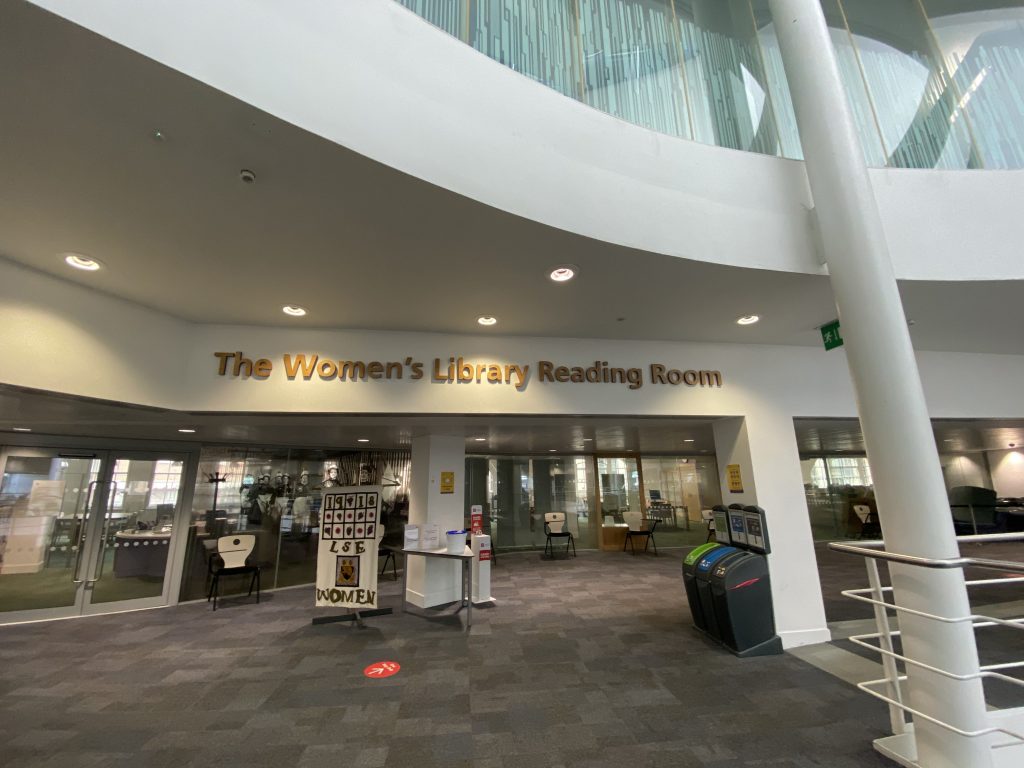
The Women’s Library – peaceful, quiet, full to the brim with fascinating archives.
Searching for Primary Sources
Like other students deciding on a whim to drastically change their dissertation topic with little background information, I started by going onto the National Archives website to see if I could find anything at all about Bangladesh in 1971 that was online. I was relieved to find that some were held at the LSE, so I emailed the Library Enquiries Team.
Booking your time slot
I was sent a helpful link to search through the catalogue to identify the files I was interested in. Each item had a reference number, so I sent back a list of the material I needed in priority order. The reading room was available the following week 11am until 3pm, so I booked in my slot. I wasn’t sure what to expect, so I prepared by doing as much secondary source reading as possible so I could read the archives selectively.
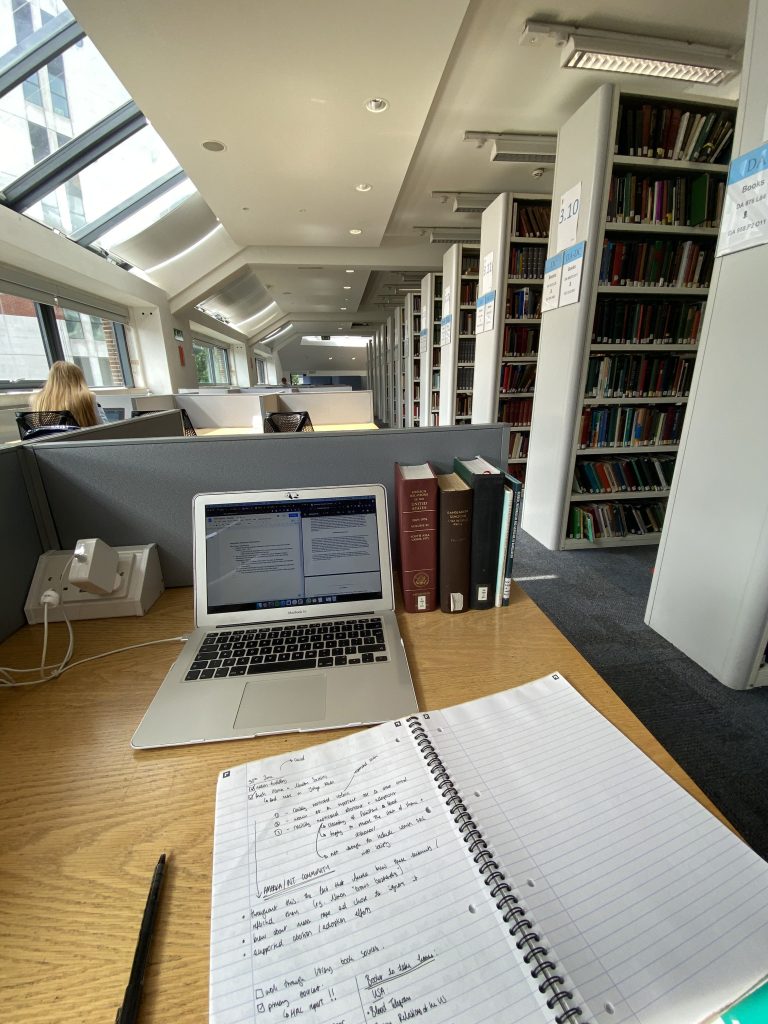
Making the most of my time before the archives by reading secondary literature.
Making the most of your time
After sending in my request, I was given a seat and a locker number and instructed to leave behind any food, drink, highlighters, and bags. You are allowed to bring in electronic devices (phones, tablets, or laptops) to make notes about the sources or take photographs. This was extremely helpful, as I will be including some images in the body of my dissertation.
I had requested everything the archives had on Bangladesh, so I was slightly overwhelmed by the number of documents, letters, newspaper clippings, pictures, magazines, booklets, memos, government documents, and more. But it was so unbelievably helpful. Not only did it completely reignite my passion for history, but it will play an important part in my academic work.
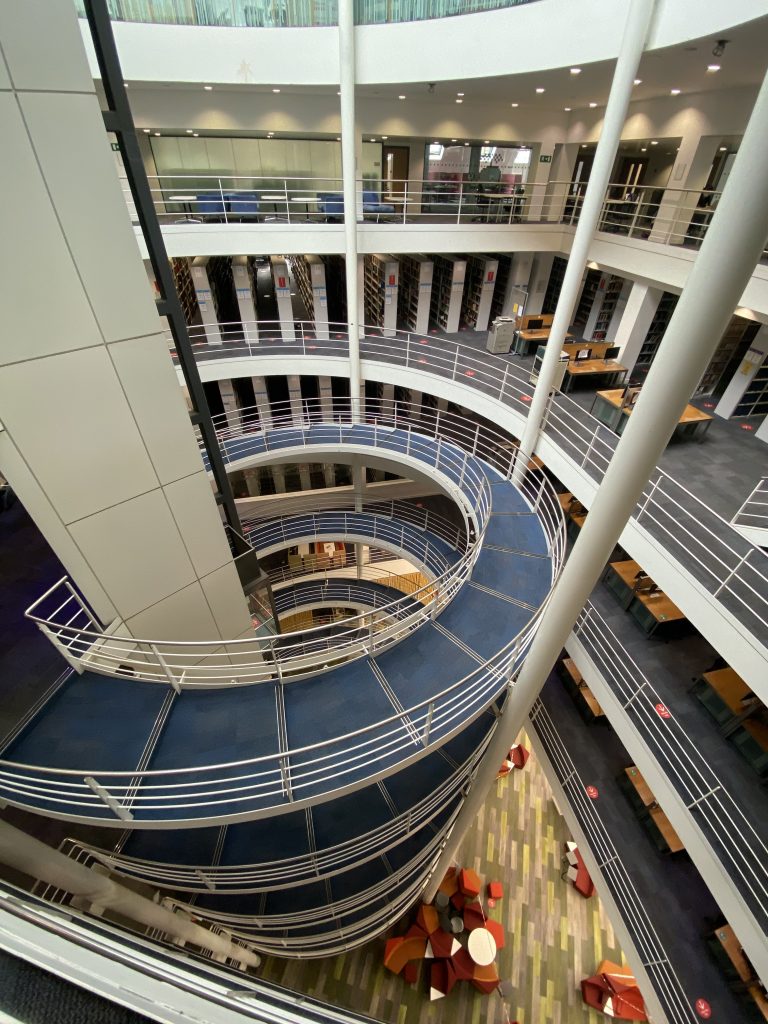
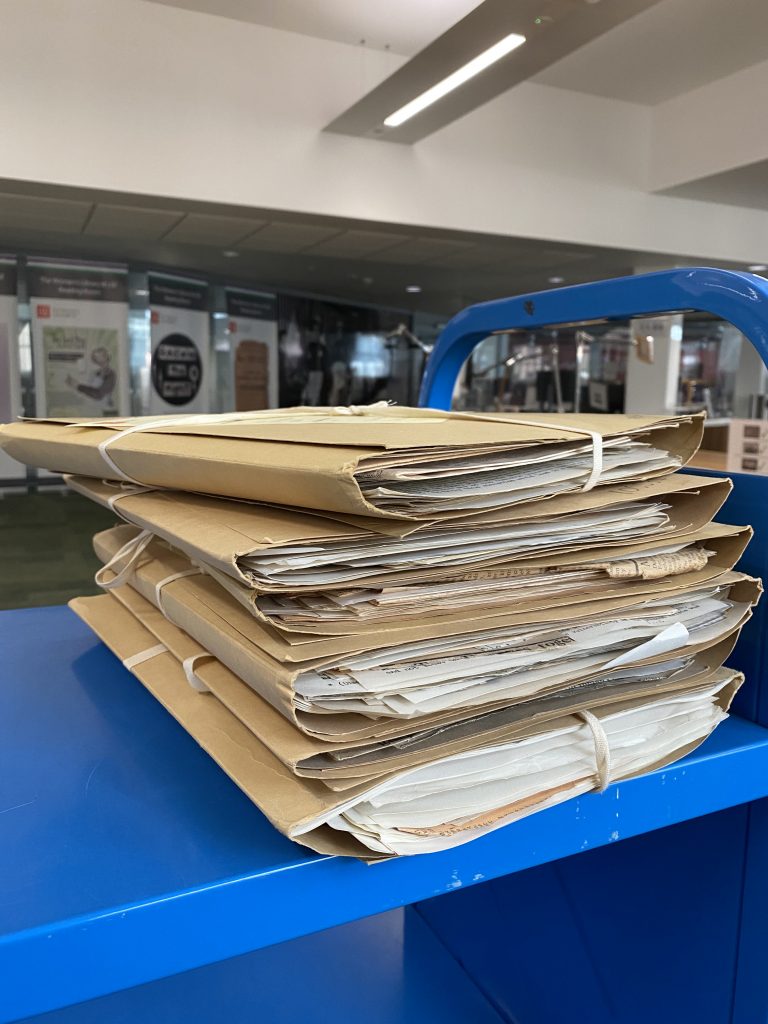
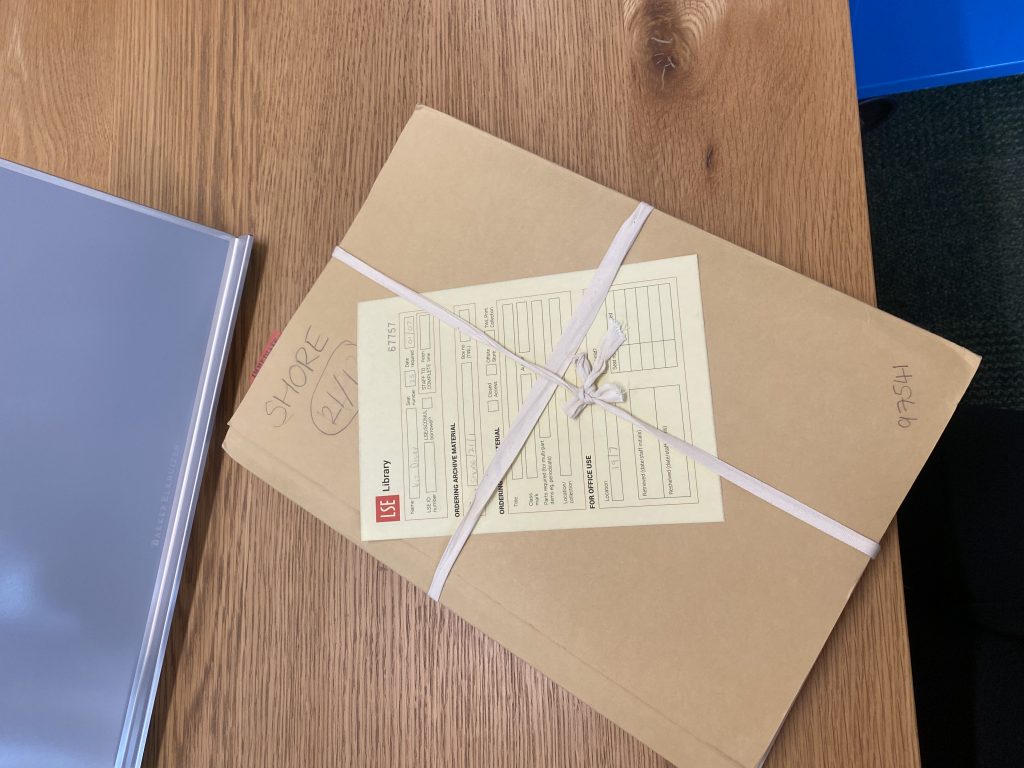
Wrapped like a Christmas present for enthusiastic historians.
Advice
Get there on time (top floor of the library!) and think about what exactly you want to gain from the archives. I’d also recommend eating a large breakfast beforehand, so you can make the most of your time while you’re there. It is so exciting reading through archives – you’ve got history literally in your hands! I didn’t manage to get everything I needed, so will be booking my next time slot for another archival visit. If you’re a history student, make the most of the LSE archives – the whole process was smooth, quick, and genuinely exciting.
Find out more:



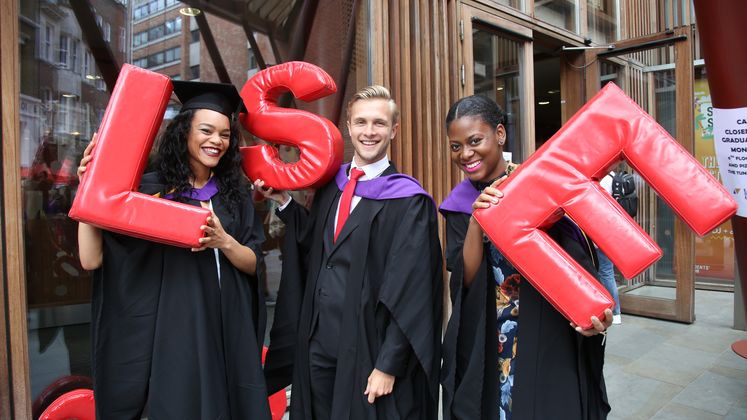
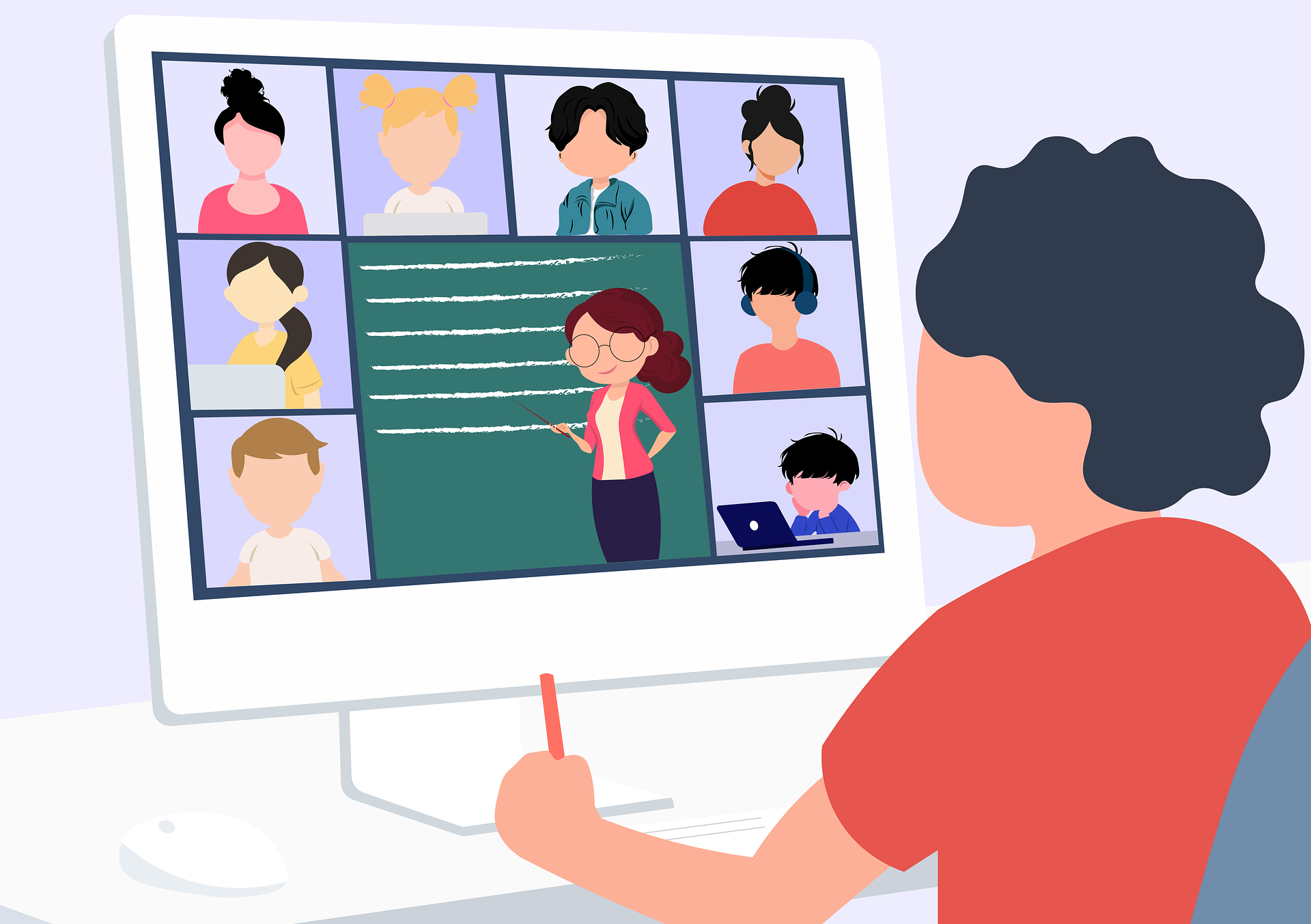
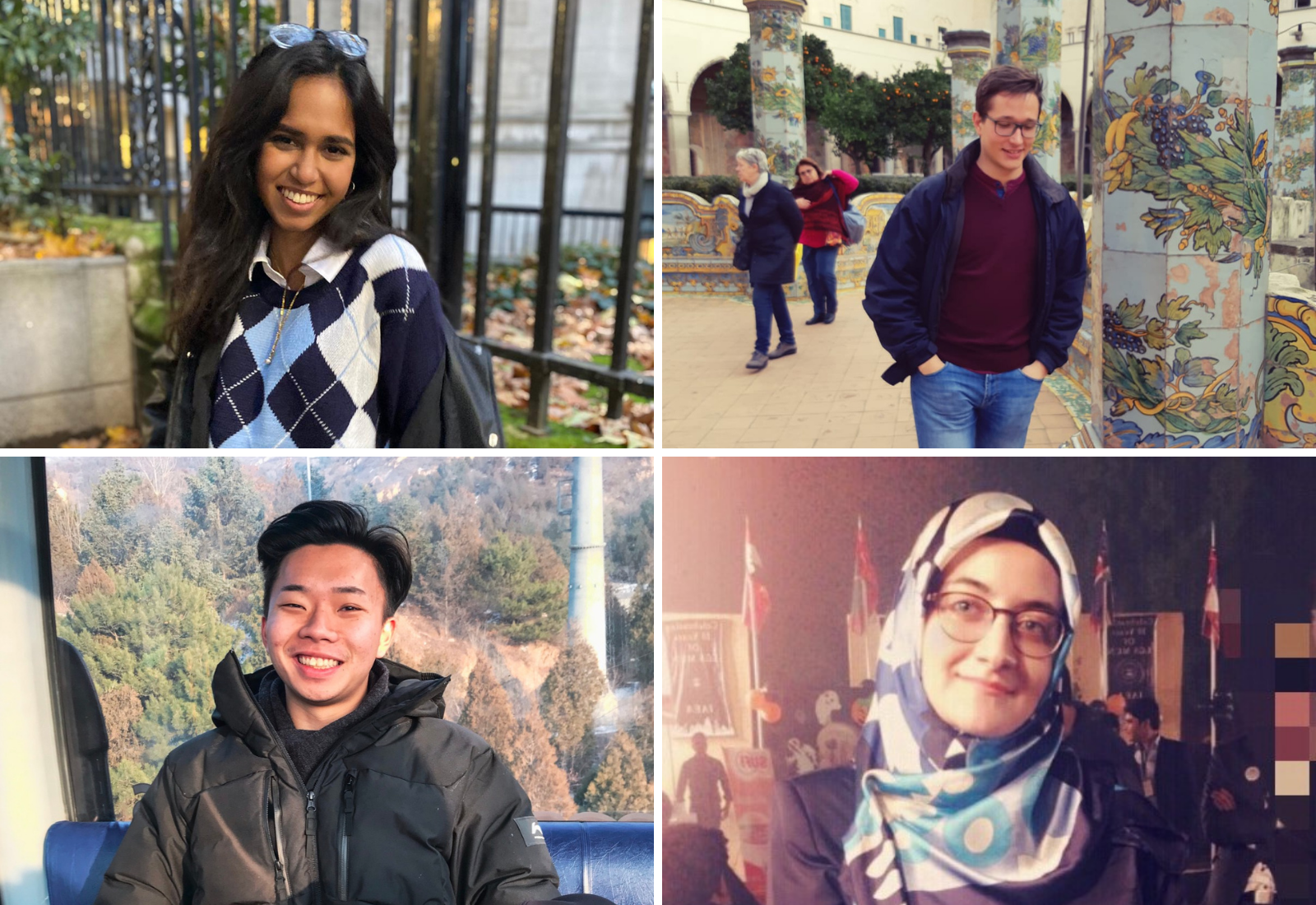
Very nice to hear that you are interested about our liberation war 1971. Good luck.
Regards
Shahid
Hi Shahid, thank you so much for your comment. It’s a fascinating area of study.
The topic itself is quite fascinating and very close to my heart. Will be keen to read your final work if it gets published anywhere as this is the 50th year of Bangladesh’s independence.
Hi Tahseen – thanks for your comment. It’s an incredibly important topic which has been largely under-studied. I hope to do it justice!